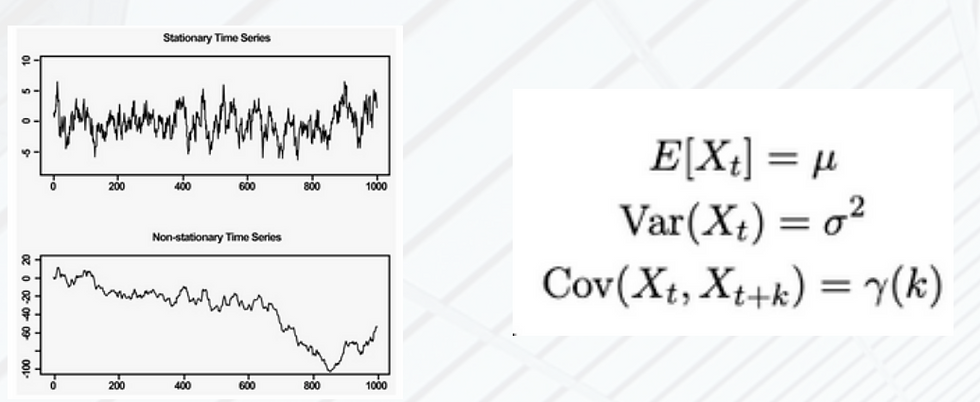Navigating Uncertainty: Assessing the State of the US Banking Sector and its Potential Impact on the
- Sora Capital A.C.

- May 13, 2023
- 3 min read
The recent banking turmoil in the United States has left many investors and analysts concerned about the future of the country's economy. What’s the state of the banking sector and its potential impact on the wider economy?

Image Source: La Politica
This crisis has primarily shown how a sudden increase in interest rates can unmask hidden vulnerabilities in the banking system.
After losing $102 billion in deposits in the first quarter, on May 1, First Republic had to be closed and appointed to the FDIC. Most of the bank’s assets were acquired by JPMorgan Chase for $10.6 billion after a competitive bidding process brokered by the government. This marks the third major casualty of the biggest crisis to hit the banking sector in the United States since 2008. But what does this banking turmoil say about the US economy?
The banking crisis of 2023 was very different from the 2008 global financial crisis when 12 of the 13 biggest financial institutions in the US came close to collapsing. The banking sector in the US is much better capitalized in 2023, and banks are more tightly regulated than they were in 2008. This calls for the argument that poor risk management, billions in exposure to interest-rate-sensitive securities, and an overreliance on non-FDIC-insured deposits made these specific banks extremely vulnerable to bank runs. "The banking system remains sound and resilient, and Americans should feel confident in the safety of their deposits and the ability of the banking system to fulfil its essential function of providing credit to businesses and families," said a Treasury Department spokesperson.
While the government has taken measures to protect consumers by insuring deposits at banks such as Silicon Valley Bank, Signature Bank, and First Republic, bank stocks have continued to flail, with major banks experiencing a decline in share prices. However, regional banks have been hit particularly hard, with some losing up to 80% of their value since the turmoil began.
There are four main factors contributing to the lack of confidence in the banking sector. The first is increased scrutiny of banks' balance sheets as investors scrutinize the financial health of banks more closely. The second is fear, as investors worry about being caught in another bank run. Thirdly, there is the possibility of stronger regulation as regulators seek to prevent future collapses. Finally, there is concern about a slowing economy, as high-interest rates and banking cracks could lead to reduced profitability for banks and hinder the growth of Main Street businesses.
The possibility of a recession has been a concern for some time, and the recent banking turmoil has added to these worries. However, it is uncertain whether the economy will indeed enter a recession. The bond market is predicting that the Federal Reserve will cut interest rates, which could be due to a recession. If the banking troubles worsen, it could lead to a recession. However, it is also possible that the situation remains contained and the wider economy is not affected.
Despite these concerns, it is important to remember the strengths of the US economy, such as a strong labour market and a low unemployment rate. It remains to be seen how the situation with the banking sector will play out, but it is clear that investors and regulators will be keeping a close eye on the sector in the coming months.
Written by: Ignacio Paz, Co-Founder & CEO at Sora Capital A.C.




Comments